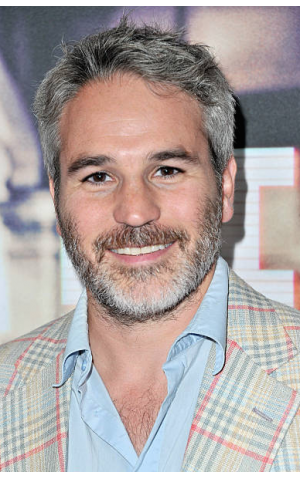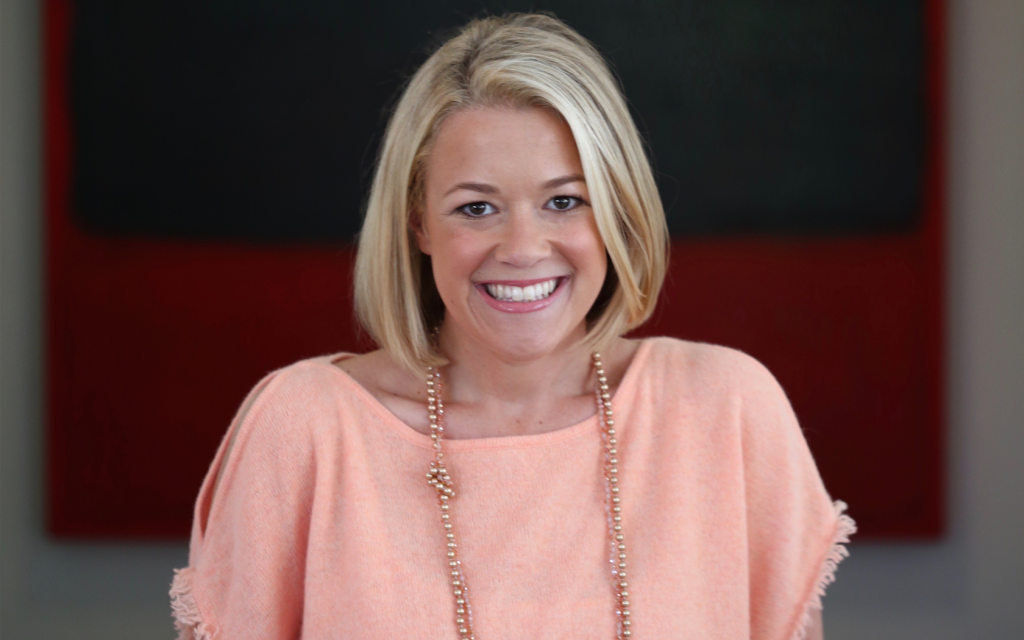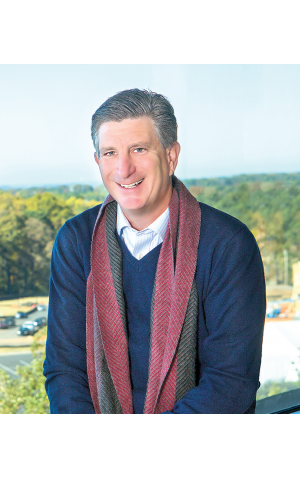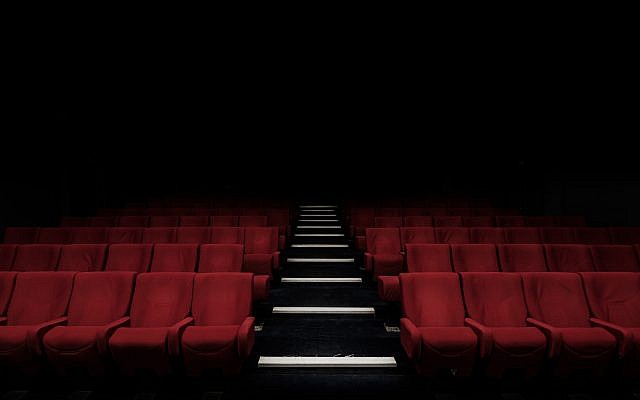Inside the Jury Box
The AJFF Jury Awards can often be viewed as a fun addition to supplement the amazing hours of film already on display, but for filmmakers they are often the highlights of the event
For the average AJFF goer, the Jury Awards can be a fun addition to supplement the amazing hours of film already on display, but for filmmakers, they are often the highlights of the event.
With six categories: narrative, documentary, shorts, emerging filmmaker, building bridges and human rights, the jury prizes offer commendation and validation to excellent films across every genre. Each jury is made up of three individuals from different walks of life who discuss, debate and deliberate on the six finalists in their category, eventually choosing a winner. As the largest Jewish film festival in the country, AJFF’s awards carry a lot of weight.
Three jurors spoke with the AJT to discuss their excitement, philosophies and criteria when judging film.
Jeffrey Abramson – Emerging Filmmaker Juror

In his first year at the AJFF, Jeffrey Abramson is relishing his opportunity as a member of the Emerging Filmmaker Jury. Previously an organizer of the Gen Art Festival in New York City, he has experience selecting from emerging artists in a variety of fields.
Part of his role previously took a little of the luster away from festivals, but his role as a juror has given him a renewed vigor, said Abramson, who is a producer and marketing strategist.
“It’s interesting because when I started watching films for a festival, it does sometimes become a little bit more about finding a balance between the science and the art of it all,” Abramson said. “It took a little of the joy out of watching films.”
He clarified that his focus for the emerging filmmaker category, in particular, is not necessarily on finding the highest production value film, but rather about a distinct perspective.
“I’m looking for a unique voice, something daring to go where others won’t — something fresh,” he said.
He also noted that it was interesting to observe a number of common themes, both with films in his category, and also at the festival as a whole.
“It really does speak to the state of mind of people and particularly within the Jewish community, there’re a lot that have to do with identity,” he said.
As a former festival organizer, he also explained that awards can be vital for reinvigorating filmmakers after the laborious process of putting a film together.
“The little celebrations that we can mount can fuel filmmakers to keep moving forward, both on this film’s journey and also to tell their next story,” Abramson said.

Erin Bernhardt – Emerging Filmmaker Juror
A regular attendee of the AJFF, this is Erin Bernhardt’s first year being involved in the jury awards process. As an emerging documentary filmmaker herself, Bernhardt seems right at home in understanding the trials and triumphs of those in her category.
“It was very interesting because the selections were a mixture of documentary and narrative, which is very unique for emerging filmmakers,” she said.
She explained that while she ordinarily watches documentaries with a critical eye, she had to take a new tact with the narrative entries in the category.
“Every time I watch a documentary, I watch with a critical eye because I’m trying to learn from it, and potentially to give constructive criticism,” Bernhardt said. “Part of the beauty of narrative films is that you’re able to lose yourself in them, and so staying aware of my role is the biggest change for me.”
Although she didn’t come up with a rubric for grading the films, she said she did self-impose some parameters on her judging.
“I watched all of them within the same two weeks and didn’t watch anything else between watching them because I didn’t think it would be fair to the films I’m judging,” she said. “I thought a lot about the audience, which I think a lot about when I watch a documentary already. Will the audience be crying? Will they be laughing?”
Steve Mensch – Shorts Juror

Steve Mensch is the president and general manager of operations at Tyler Perry Studios and has been involved with the AJFF since 2015. This year, he’s serving on the festival’s steering committee as well as the Shorts Jury.
“One of the things I really enjoy about working with the AJFF is that they have great trust in the people who volunteer and participate. It’s a healthy debate; there is some structure provided, but it is absolutely up to the jurors who is selected,” Mensch said.
That debate is at the core of the jury experience for Mensch, as he appreciates that different backgrounds often lead to spirited discussions. Often minds change in the process, he said.
“The thing I enjoy the most about it is how diverse the jurors are. Diversity of thought in what makes a film a winner,” he said.
Mensch also explained that when serving on a jury, he’s always careful to watch films twice.
“I watch it through a couple different lenses: As an audience member, am I engaged? And then I’ll watch it again through a more critical, creative lens,” he said. “How is it constructed technically? Is there a story arc and does it come to a logical conclusion?”
The importance of the role is not lost on Mensch, however, as he realizes how life-changing the awards can be.
“We are making a very significant impact in someone’s career as a filmmaker in this decision,” he said.
Mensch clarified what makes an excellent short film.
“A great short is like a delicious appetizer. When finished, you want more but realize it was the perfect size, and any more would be too much,” he said.




comments